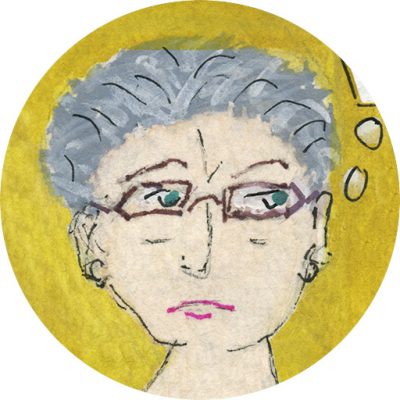
“I was not, and would never be, in love with her, nor she with me.
I was the stuff of which literary executors, not muses, are made.”
— Carolyn Heilbrun, The Last Gift of Time: Life After Sixty
I’ve placed my copy of Carolyn’s first letter to May Sarton on my desk, next to the published account of her long friendship with Sarton: “A Unique Person.” I’m puzzling over the contrast in tone between the language of the Carolyn I did not know in 1968 and the author of a memoir published in 1997 whom I thought I knew quite well.
Almost 20 years after sending that letter, Carolyn revisits her initial excitement about Sarton’s writing.
My reading of her 1968 memoir, Plant Dreaming Deep, a work that quite literally caught me in its spell, was the beginning of our friendship. Rereading that book today, I still encounter what excited me; I still hear her voice speaking to me of life’s possibilities. ‘We have to make myths of our lives,’ she wrote. ‘It is the only way to live without despair.’ Sarton’s wisdom was, for me as for many, a support and a promise offered by someone who had been there before and could explain the journey.
I want to understand the story of these two women’s friendship as it evolved between those dates, the bookends, so to speak, of a literary relationship. Who was forty-something Carolyn in 1968? Why did Sarton’s work seem so compelling at that stage of her life? Most of all, what for her was the journey that needed explaining?
I doubt that it occurred to any of us, the many women who were mentored by Carolyn, and for whom she was the one “who had been there before,” that she herself might have wished for, not to say needed, that someone. “They will know that there are books waiting for them,” she observed in late career, “as there were no books waiting for me.” The absence of books, however, was not the only resource Carolyn knew she lacked when embarking on the journey of a writer’s life. At Columbia, during her long years teaching there, she found neither support nor wisdom, egregiously no mentorship, no guidance for the journey at all.
What was it exactly about Plant Dreaming Deep that so captivated Carolyn, as she would write, decades later: “…. at the time I read it, I was beguiled, bewitched. I wrote to her and we met.” How the relationship between the two women evolved from those initial magical feelings — “beguiled” and “bewitched” — I do not pretend to know. What, beyond the literary executor narrative, is in fact knowable? Should it be? Nonetheless, this is what I’ve embarked on, inching my way through their long correspondence: from Carolyn’s electrifying encounter with Plant Dreaming Deep in 1968 to her memorializing Sarton in The Last Gift of Time in 1997. In other words, my journey. (Oh, so is this all about me again?)
“Her place in my life was simply in being May Sarton.” Does unique necessarily mean simple? Isn’t theirs rather exactly the kind of story of friendship between women, between women writers, which In Writing a Woman’s Life, Carolyn declared sadly missing from the annals of biography? Recall, for example, her account of the intense and intimate bond between Winifred Holtby and Vera Brittain, a literary and loving friendship that she celebrated, not to say idealized. It feels a little scary, maybe even wrong to keep wondering, wandering through the archive, as if I were expecting to unveil the meaning of a relationship I had so completely missed during Carolyn’s life time, during the years of our long friendship. It’s equally hard to resist.
Dear Readers, in the end I aspire only to share with you how I got here, how I’ve come to see in these letters something like what Carolyn used to call a subtext.
I’m also haunted, not to say warned off, by the sealing of the narrative condensed in Carolyn’s last words: “The journey is over. Love to all.” That journey.
